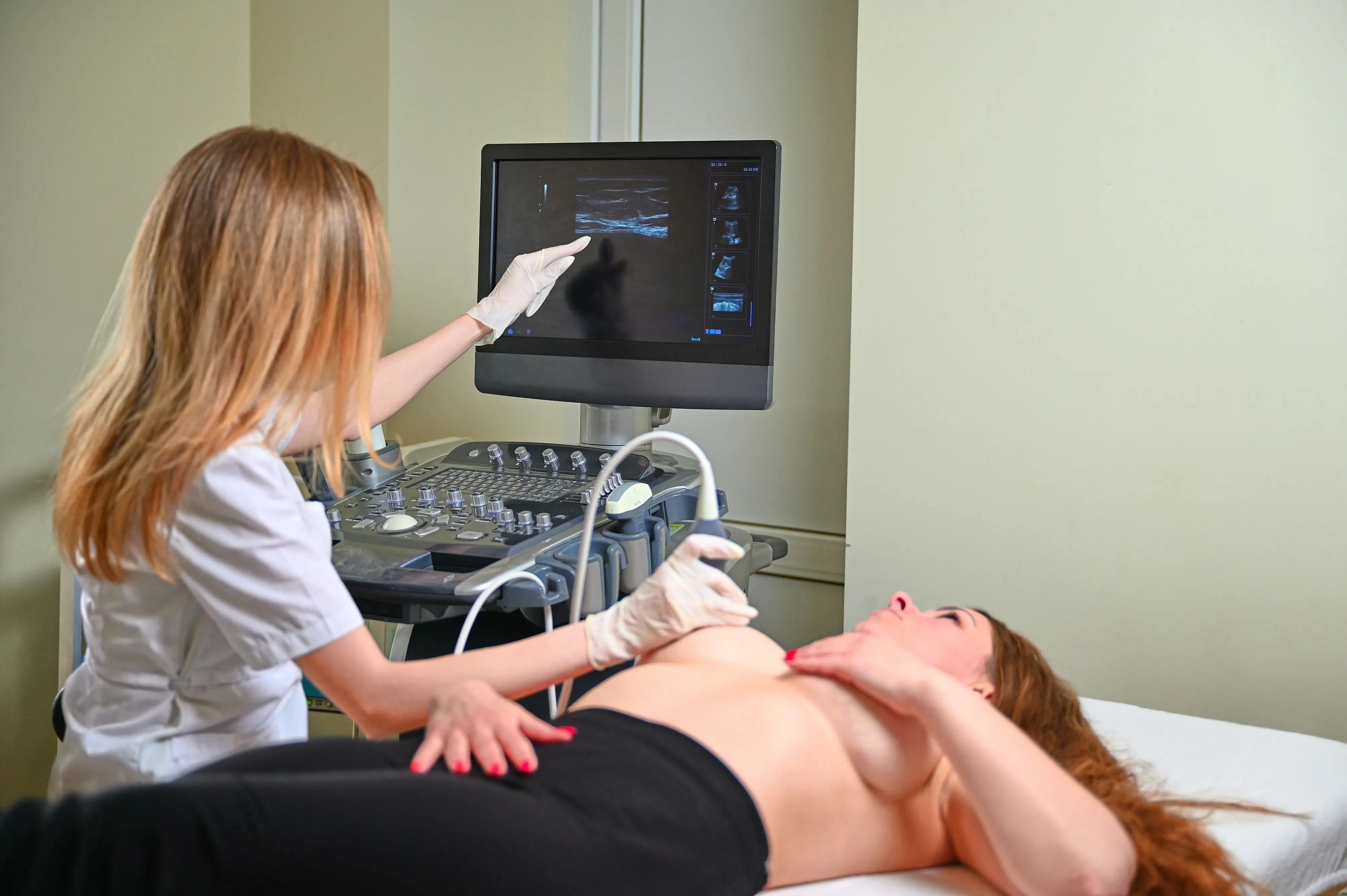Dense Breasts: Awareness and Advocacy for Better Breast Cancer Screening Techniques

The Impact of Dense Breasts on Breast Cancer Detection
Understanding the implications of dense breasts is essential in the fight against breast cancer. Mammograms are a crucial tool, yet breast density can obscure detection. Women need to know their breast density to navigate their screening options effectively.
Legislation and Awareness Regarding Breast Density
- Recent laws require mammography facilities to inform women about their breast density.
- This shift in communication aims to empower women and improve outcomes.
Patient Advocacy and Education
Patient knowledge about breast density can drive advocacy for better screening techniques. Women must feel confident discussing their health, initiating vital conversations with healthcare providers.
Advanced Screening Techniques
- Digital breast tomosynthesis offers enhanced imaging for women with dense breasts.
- Ultrasound and molecular breast imaging are also promising alternatives.
- Healthcare systems must address cost-effectiveness challenges to increase accessibility.
As World Dense Breast Day approaches, raising awareness about the effects of dense breasts on screening is crucial for empowering women.
Disclaimer: The information provided on this site is for informational purposes only and is not intended as medical advice. We are not responsible for any actions taken based on the content of this site. Always consult a qualified healthcare provider for medical advice, diagnosis, and treatment. We source our news from reputable sources and provide links to the original articles. We do not endorse or assume responsibility for the accuracy of the information contained in external sources.
This article was prepared using information from open sources in accordance with the principles of Ethical Policy. The editorial team is not responsible for absolute accuracy, as it relies on data from the sources referenced.